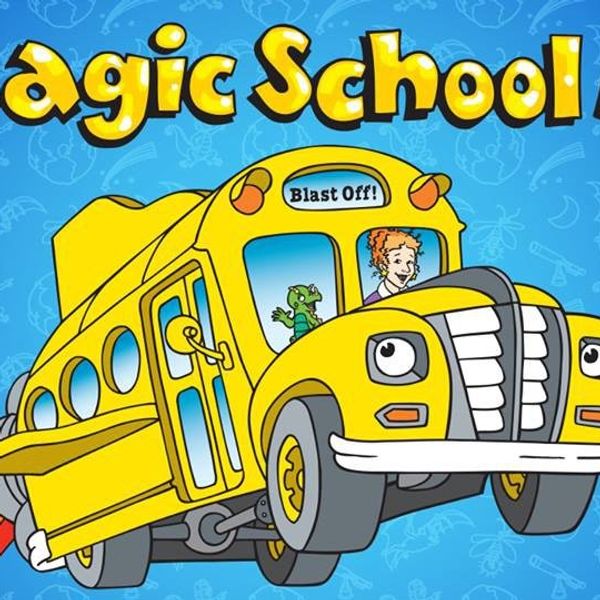In the late 19th century, a man named Adolph Ochs bought the New York Times and began pushing the "just the facts" model of journalism. At the time, sensational, dramatic, "yellow journalism" was the dominant storytelling model. Ochs's noble goal was to provide the American public with accurate, unbiased, informative news.
Imagine what Adolph Ochs would say about the state of 21st century media. Radio, TV and later blogging replaced newspapers as dominant forms of media. Now, we have access to more information than ever before and can access it more easily than ever before. But many people have a hard time distinguishing between the extensive opinions and commentary presented to them, and objective, "just the facts" journalism.
I know all this information may sound ironic coming from me, an Odyssey writer. Nevertheless, I die a little on the inside every time Sean Hannity, Rachel Maddow or any Odyssey writer refers to him or herself as a "journalist." All of us are merely discussing our opinions about the news. Odyssey can be a great way for journalism students like myself to practice writing, AP style and building a social media brand. But this post is not journalistic writing and should not be referred to that way. Good journalism is concise and informative. It doesn't make the writers' agenda apparent because its purpose is to present "just the facts".
As an aside, another characteristic of good journalism is a traditional article format. At a media conference a few weeks ago, I heard a grown man say "listicles are journalism now" and nearly had a stroke. I like listicles, don't get me wrong. They are amusing, and they can be an effective way to get an opinion across. But a few short, snappy sentences and gifs cannot effectively convey a lot of information. If good journalism is supposed to be informative and present every single angle, you'll need more than just a couple of sentences accompanied by annoying frog memes.
I'm not writing all of this to sound snotty. News commentary does serve a purpose. Lowbrow commentary from a radio pundit like Erik Erickson, a Buzzfeed listicle or a comedian like Stephen Colbert usually serves little purpose except to entertain. But even more intellectually sound commentary such as National Review, The New York Times or The Wall Street Journal might print should be only a supplementary source of information. Opinions, even from educated people who know what they're talking about, are still just one narrow angle of the story.
Journalists are responsible for presenting the public with unbiased news, as Ochs wanted. Journalism students are ready (or should be, at least) to assume that responsibility. The public also has a responsibility to read a lot of news (from multiple sources, even ones they don't agree with) and educate themselves. But information cannot come from a plethora of biased, narrow opinions. Knowing the difference between opinions and news is essential to being an educated citizen.





















